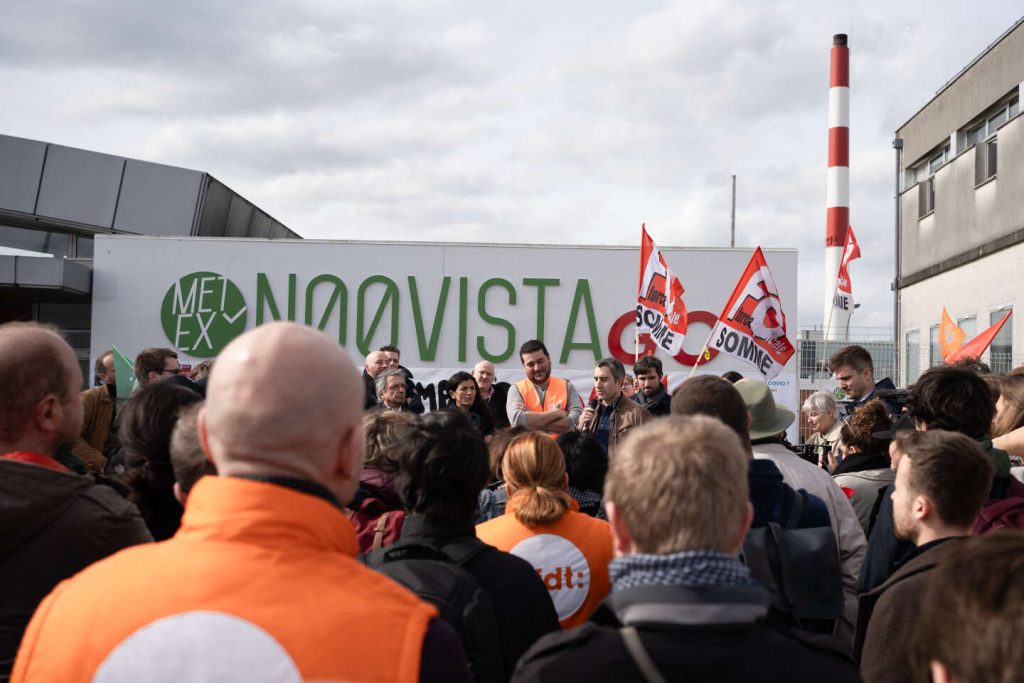In a speech given at the Sorbonne on April 25th, President Emmanuel Macron called for a change in Europe’s economic model in response to the United States and China not abiding by global trade rules. He urged the European Union to become a “world leader” by 2030 in five strategic sectors: artificial intelligence, quantum computing, space, biotechnology, and renewable energy. Macron emphasized the need for a common investment shock, even if it requires deviating from the EU’s rules of free competition.
Prior to Macron’s speech, industrial issues had already become a focus in the European elections campaign on June 9th. Companies like Systovi, a solar panel manufacturer, and Duralex, a glassware brand, have faced challenges due to Chinese pricing pressure and increasing energy costs. Additionally, Biogaran, a generic drug producer, is being put up for sale by its parent company and could potentially be sold to an Indian entrepreneur. These examples highlight the challenges faced by French and European industries in competing with Asia and America.
The National Rally, one of the opposing parties in the elections, criticizes the European economic policies for failing to address issues of unfair competition and calls for the reindustrialization of France. They argue that the current economic landscape allows for both extraterritorial and intra-European unfair competition, making it difficult for French industries to remain competitive. The party’s electoral program includes measures aimed at protecting domestic industries and promoting domestic production.
Francois Ruffin, a member of the La France insoumise party, has also spoken out on industrial issues, expressing concerns about the impact of foreign competition on French industries. Ruffin, speaking to Metex employees in Amiens, highlights the challenges faced by French workers due to globalization and international trade dynamics. He advocates for policies that prioritize the protection of domestic industries and workers to ensure their competitiveness in the global market.
With the European elections approaching, the industrial sector has become a key point of debate among political parties. The challenges faced by French companies in the face of global competition highlight the need for a reevaluation of European economic policies. Macron’s call for a change in the European economic model reflects the growing concerns about the competitiveness of European industries and the need for a strategic response to global economic challenges. The outcome of the elections will likely shape the future direction of European industrial policy and its impact on domestic industries.


